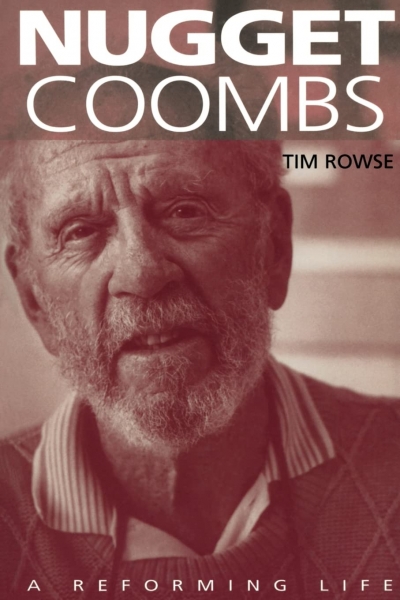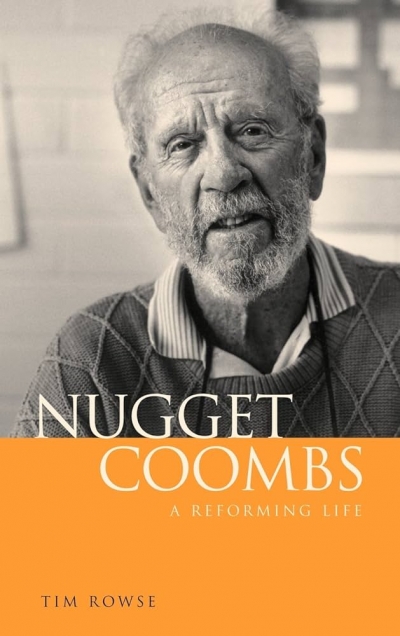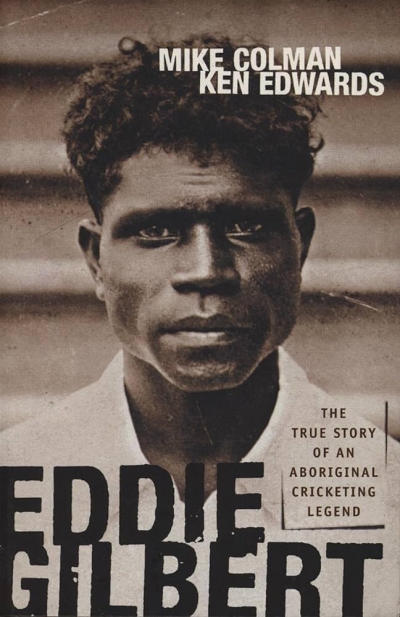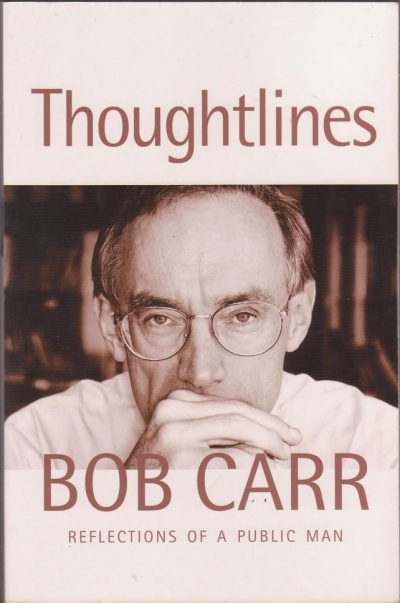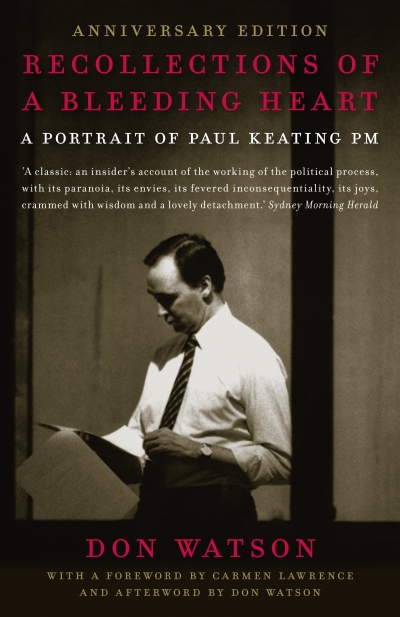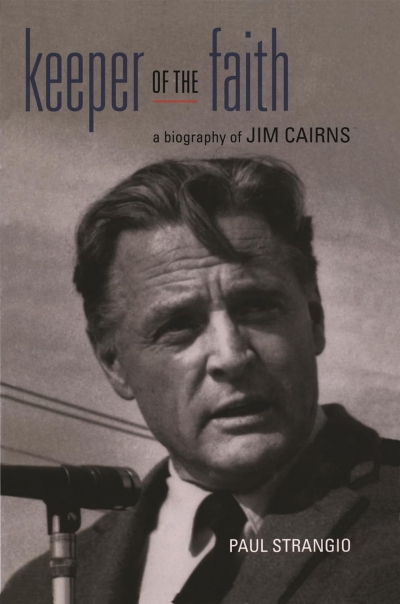Nugget Coombs never accepted a knighthood. The reason, he told his one-time English teacher, the essayist and academic Sir Walter Murdoch, was that it would be ‘out of character’ for him to do so.
There is no shortage of calculated modesty in Australian public life. We cultivate it. Even the most self-absorbed of our sporting heroes can manage a spot of winning self-deprecation. But in Nugget Coombs – public thinker, public servant, economist, social reformer, Governor of the Reserve Bank, Aboriginal advocate, cultural initiator and great Australian – modesty was the genuine article. He was a man with enough distilled wisdom to know himself and enough shrewdness to know what fitted. And he was right: ‘Sir Herbert’, or, worse, ‘Sir Bertie’ would have been risible.
...
(read more)


